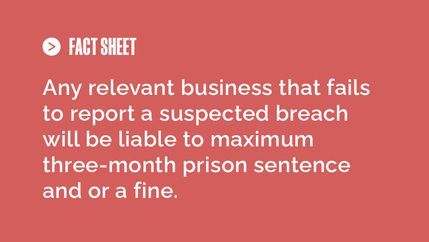
The Cost of Living (Tenant Protection) (Scotland) Act 2022, which temporarily protected tenants by controlling rent, limiting evictions, and setting up rent review measures, ended on 31 March 2024. However, some of these measures were extended under the Rent Adjudication (Temporary Modifications) (Scotland) Regulations 2024 which restricted rent increases.
When these temporary modifications expire on 31 March 2025 rents will be able to stabilise closer to market levels once more. However, Propertymark members operating in Scotland warn that this is likely to result in increased rents across the market as landlords seek to make up losses incurred as costs have inflated.
The rules on rent increases and adjudication from 1 April 2025
- If a tenancy started on or after 1 December 2017, rent increases will be allowed once in 12 months, the prescribed form must be used and three months’ notice given.
- If a tenant thinks a rent increase is too high, they will be able to challenge this within 21 days of receiving the notice by applying to Rent Service Scotland who will set the amount of rent the tenant should pay based on an assessment of the open market rent. This could be either lower or higher than the increase requested by the landlord.
- Either tenant or landlord then has a right of appeal within 14 days of receiving the Rent Service Scotland notification. A final order will then be made by the rent officer but appeals to the First Tier Tribunal (Housing and Property Chamber) are still possible within 14 days of the final order.
Impending impacts of the Housing (Scotland) Bill
The Bill is expected to gain Royal Assent later in 2025 and be enacted in 2027. It will place a duty on each local authority to assess rent levels and increases in its area. The local authority will then be required to submit a report to the Scottish Ministers which they will use to determine if an area should be a designated rent control area.
Once a cap is in place, rent increases will be limited to CPI plus 1% (up to a maxumum of 6%). Propertymark has warned that flexibility must be retained to accommodate inflation and the rising costs of energy efficiency improvements, or there is a risk that large areas of rental stock will fall into disrepair as landlords become unable to cover their costs.
Representing Propertymark members
We have undertaken significant work in Scotland in collaboration with our members, stakeholders, politicians and parliamentarians since changes to rent and evictions were originally proposed during the pandemic.
Evidence gathered from our membership has been presented to MSPs through written and in-person evidence on multiple occasions, and we mounted a legal challenge alongside the Scottish Association of Landlords and Scottish Land and Estates highlighting aspects of the law which we believe were disproportionate and unfair.
Our engagement has continued through the progress of the Housing (Scotland) Bill, and we are currently working with members and stakeholders to propose and support amendments that will help ensure the legislation supports the sector to meet the demand for private rented homes and is fair for everyone.
Join the campaign
It is vital that MSPs are made aware of the concerns of letting agents and the impact that this legislation will have. MSPs are most likely to respond to a passionate constituent or someone working in a local business about issues important to them.
Members can visit our campaign page to download an email template and guidance document to lobby their MSP.
Housing (Scotland) Bill
The Housing (Scotland) Bill was introduced on 26 March 2024 and sets out plans to make changes to the law covering rent controls, tenants’ rights to keep pets and decorate their homes, and a mechanism to delay evictions under certain circumstances.









